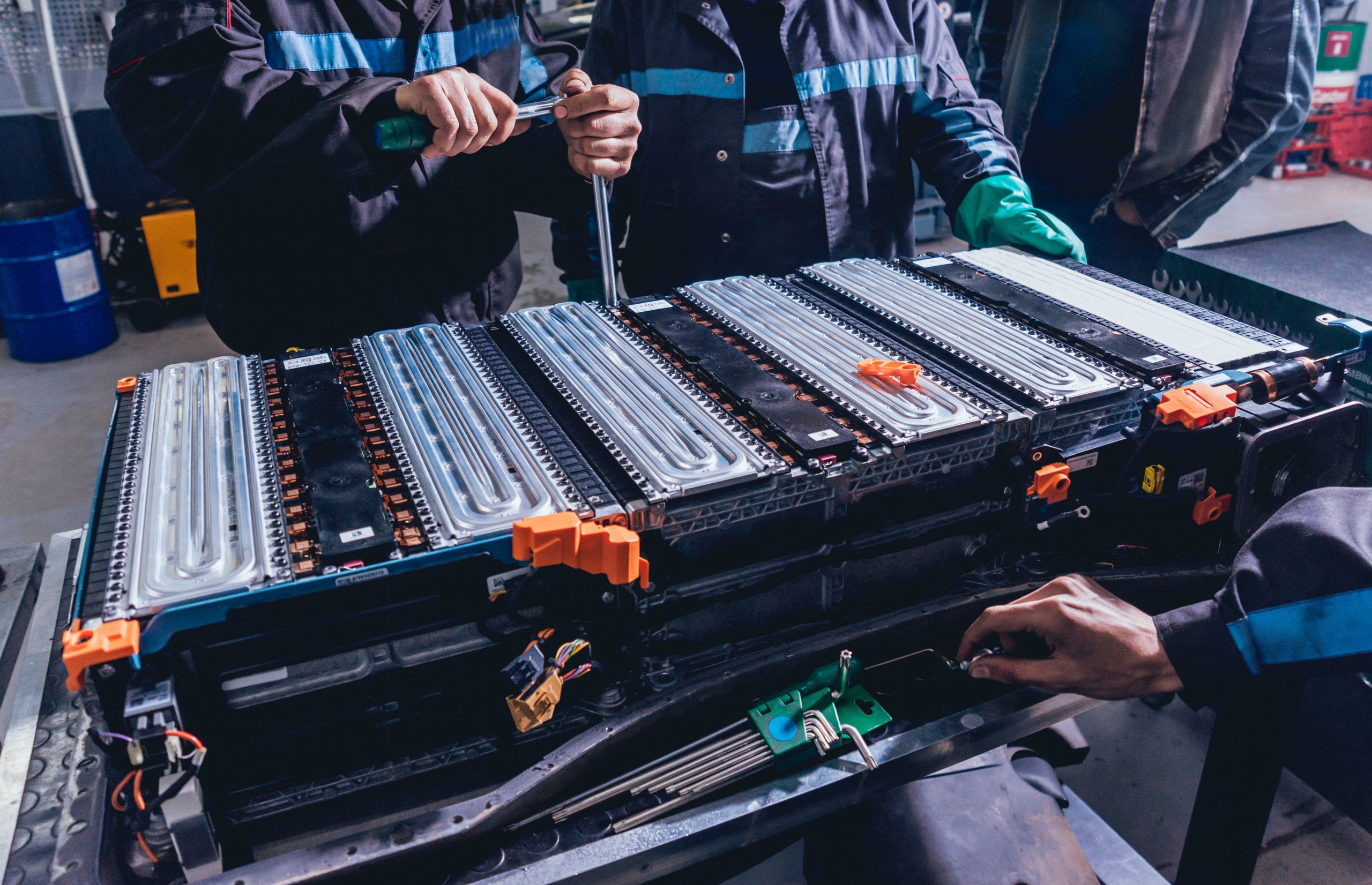
Battery Electric Vehicles (BEVs) Impact on the Service Industry.
I got a call the other day from an old friend that used to help me with my race car. When Ford closed their F-150 plant in Norfolk, he packed up and followed the Blue Oval north to keep a job on the assembly line. Now, he’s part of a troubleshooting team that diagnoses and repairs F-Series trucks that roll off the assembly line broken. Yes… that really happens.
Our conversation turned to the all-electric F-150 due to hit showrooms in the near future. He’s already getting training on how to troubleshoot these trucks when they roll off the line with problems. Two things struck me from our conversation.
The first… BEVs can kill you. Over the years, I’ve been bitten by an electrical shock many times working under the hood. Bad plug wires, faulty coils, inadvertently grounding a wrench… there’s all sort of way to get a shock. Car batteries are 12 volts and have on average somewhere between 500 to 750 cold cranking amps. It smarts… but it never killed me. BEV batteries operate at much higher voltages with greater amperage that can turn an untrained technician into a dead one in an instant. That’s why the first thing they trained him to do was how to check and discharge the battery pack… and why I believe the sharpest do-it-yourselfer will think twice about wrenching on a BEV.
The second thing that hit me was how BEVs will change the traditional model of servicing a vehicle. Afterall, there’s no oil to change. No air filters to change. No spark plugs to change. No antifreeze to check. No belts. No rod or main bearings that wear out. No seals that start leaking. None of that.
Fixed ops is the lifeblood of any dealership. Customers that traditionally drive their cars onto the service lane three or four times a year for regular maintenance may only come once a year to have their tires rotated and the brakes and battery checked. If no one needs filters, belts, spark plugs, etc., that also directly impacts the parts department. Those traditional revenue streams will dry up quickly as more BEVs roll off the lot. On the flip side, dealerships will have an advantage when it comes to having access to the specialized training and tools that will be needed to service BEVs. Retaining that “next generation” of BEV technicians will be critical. Customer service will also be more important than ever as every visit to the dealership’s service lane will need to be an experience that brings them back for the next.
Who I really feel bad for are the guys that put their life savings into franchises like Jiffy Lube, Valvoline Instant Oil Change, Take 5 Oil Change, as well as, the small shop owners that rely on delivering those routine maintenance services. The services that they will be able to offer BEV owners will be cut nearly in half… because they will no longer be necessary. It will be interesting to watch how those shops evolve and change the services they offer.
There’s another industry that will be upended. Do-it-yourselfers won’t need the fluids, filters, belts or any of the thousands of parts that fill the shelves of neighborhood auto parts stores like O’Reillys, Auto Zone or Advance Auto Parts. They won’t be able to keep the doors open selling pine tree air fresheners and blinker fluid (did I get a chuckle?).
I’m not a fan of electric cars. Check out my previous blog article, “Electric Vehicles – What they’re selling ain’t what you’re buying.” BEVs go far beyond swapping dinosaur bones for electricity. They will completely upend the automotive service and parts industry.
Thoughts? Criticisms? Wanna’ have a cold one at my shop? Let me know.
